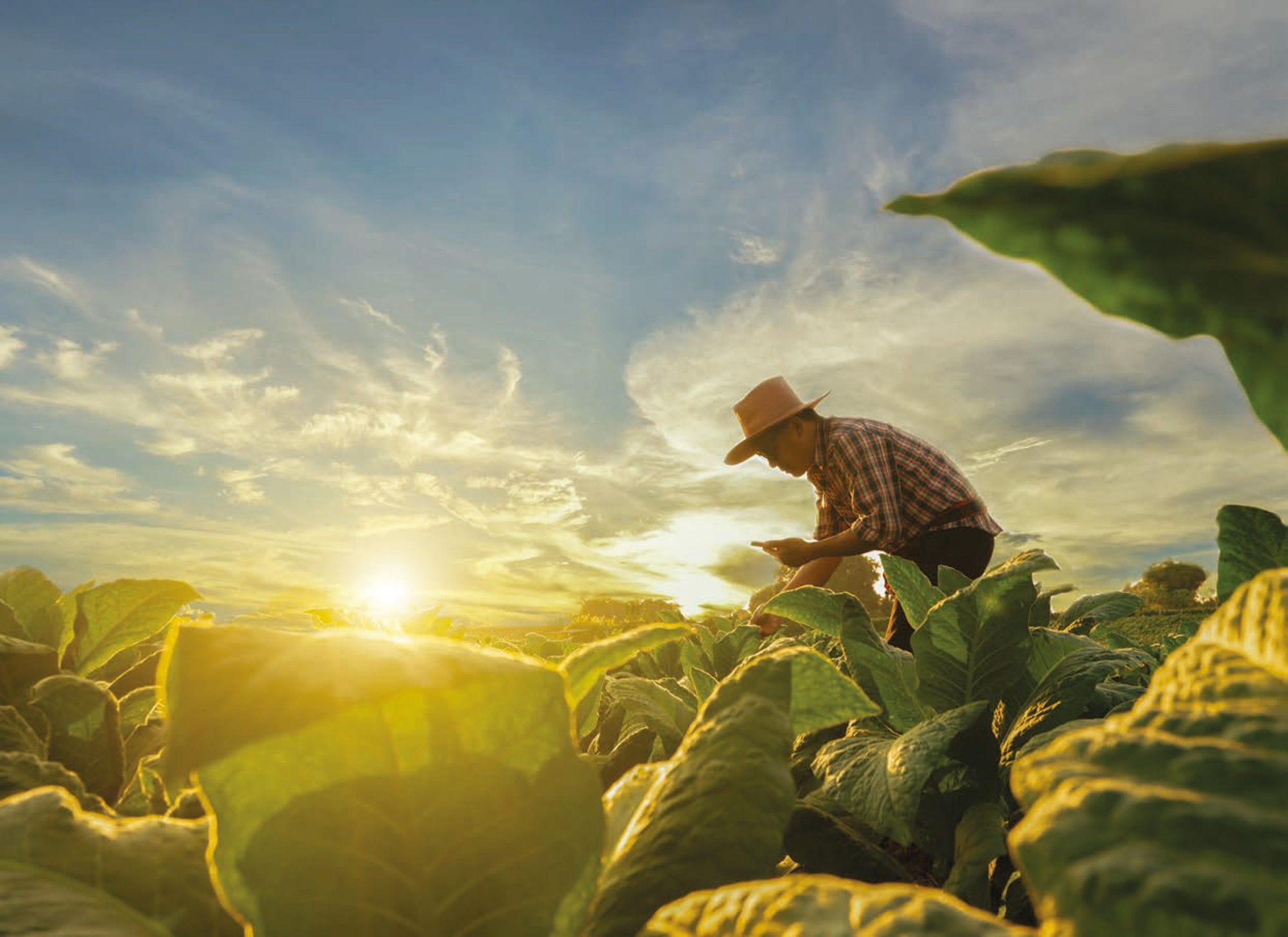Under the Sustainable Farming Incentive scheme, England launched several new standards in 2022 to pay farmers for environmental improvements relating to arable and horticultural soils, improved grassland soils, and the moorlands. In addition, six new sustainable farming standards will be introduced in 2023 including: the hedgerow standard, the integrated pest management standard, the nutrient management standard, the arable and horticultural land standard, the improved grassland standard and the low input grassland standard.
Improvements have been introduced to the way the Countryside Stewardship scheme operates, including simplifying processes and making inspections fairer and more proportionate. Currently efforts are focused on streamlining the application process, allowing farmers to manage their agreements more flexibly, improving access to high quality advice, and allowing for more frequent quarterly payments. The scheme will continue the offer currently available through the England Woodland Creation Offer once that scheme has closed. Tenants will benefit from improved access to the scheme and expanded access to higher tier options and agreements. Countryside Stewardship Plus will also be introduced, providing an extra incentive for land managers to collaborate across local areas to deliver bigger and better results. Furthermore, the Environmental Stewardship and Countryside Stewardship agreement holders will be extended up to five years beyond their current end date, providing greater flexibility for agreement holders to leave an existing agreement early if they are offered a place on another environmental scheme and to help ensure a smooth transition to new schemes.
Under the Landscape Recovery scheme, 22 projects were awarded development funding covering over 40 000 hectares. These projects aim to restore nearly 700 km of rivers and to protect and provide habitat for at least 263 species including water vole, otter, pine marten, lapwing, great crested newt, European eel and marsh fritillary. The Landscape Recovery scheme will be opened for further applications in 2023 and 2024, primarily focused on projects of at least 500 hectares targeting net zero, protected sites and habitat creation. This includes landscape-scale projects for creating and enhancing woodland, peatland, nature reserves and protected sites such as ancient woodlands, wetlands, and salt marshes.
Several new grants are now available under the Farming Transformation Fund (a strand of the Farming Investment Fund):
Water Management grants are offered towards the costs of construction of on-farm water storage reservoirs filled by either peak flow surface water abstraction, borehole or rainwater harvested from buildings, and other on-farm water infrastructure (e.g. irrigation pumps, water metering equipment, software and sensors).
Improving Farm Productivity grants were launched in January 2022 and encourage the use and adoption of innovative technologies such as robotic and automation equipment, on-farm renewable energy production, LED wavelength-controlled lighting, and the more efficient use of livestock slurries and digestate through acidification.
Adding Value grants were launched in June 2022 and are designed to support farmers to process and add value to primary agricultural products. Support is provided for the purchase of equipment and machinery, constructing or improving buildings, and innovative technologies for adding value and processing.
The Slurry Infrastructure Grants were launched in December 2022 and help pig, beef and dairy farmers improve or expand slurry storage capacity to six months. The grant aims to help farmers improve the use of organic nutrients, leading to better water quality and reduced air pollution and GHG emissions.
In November 2022 Defra launched pilots to test different approaches to support new entrants to farming to provide more opportunities for new entrants to access land and finance, and establish successful and innovative businesses. These pilots have now finished and are being evaluated to inform next steps on a new entrant support scheme to be announced in the autumn of 2023.
Animal health and welfare is an increasingly important priority. The Animals (Penalty Notices) Act 2022 gives ministers powers to introduce penalty notices for a wide range of animal health and welfare offences in England, and more limited offences in Wales. In addition, Defra launched the Animal Health and Welfare Pathway in partnership with the livestock sector, academics, charities, and experts. Financial assistance to deliver improvements to animal health and welfare was expanded in 2023 with the launch of capital grants ranging between GBP 1 000–GBP 25 000 (USD 1 200–USD 31 000) to co-finance equipment and infrastructure to improve animal health and welfare in the pig, cattle, sheep, and poultry sectors. Funding is also provided for a vet-led team to carry out a yearly on-farm review of animal health and welfare, carry out diagnostic testing, review biosecurity and the use of medicines, and provide advisory services.
